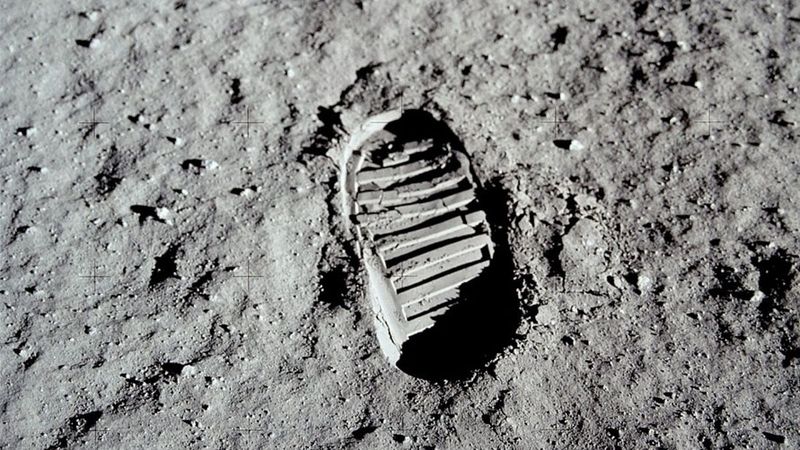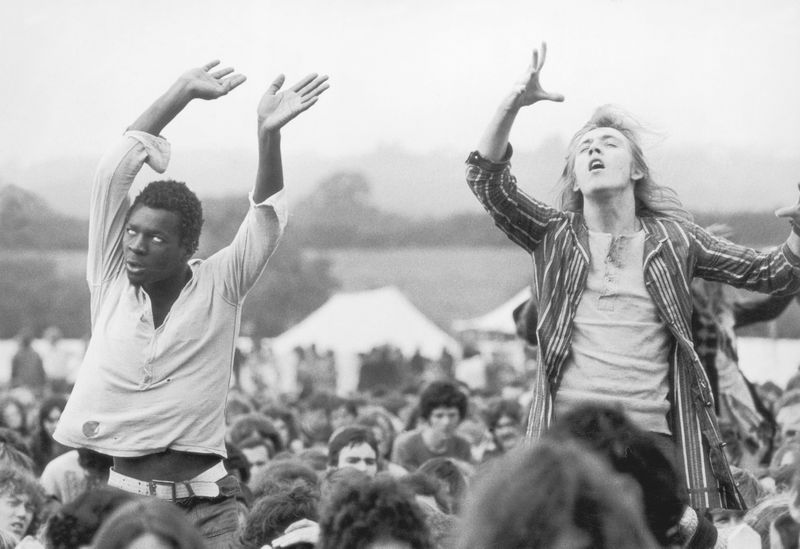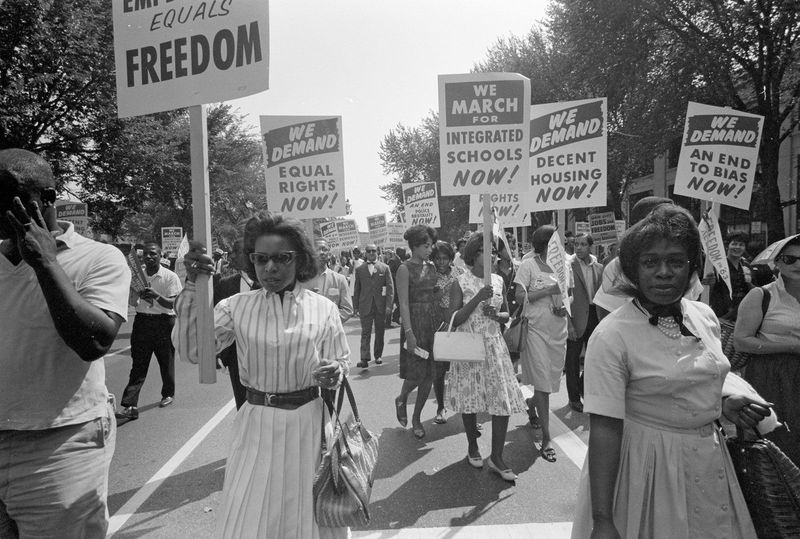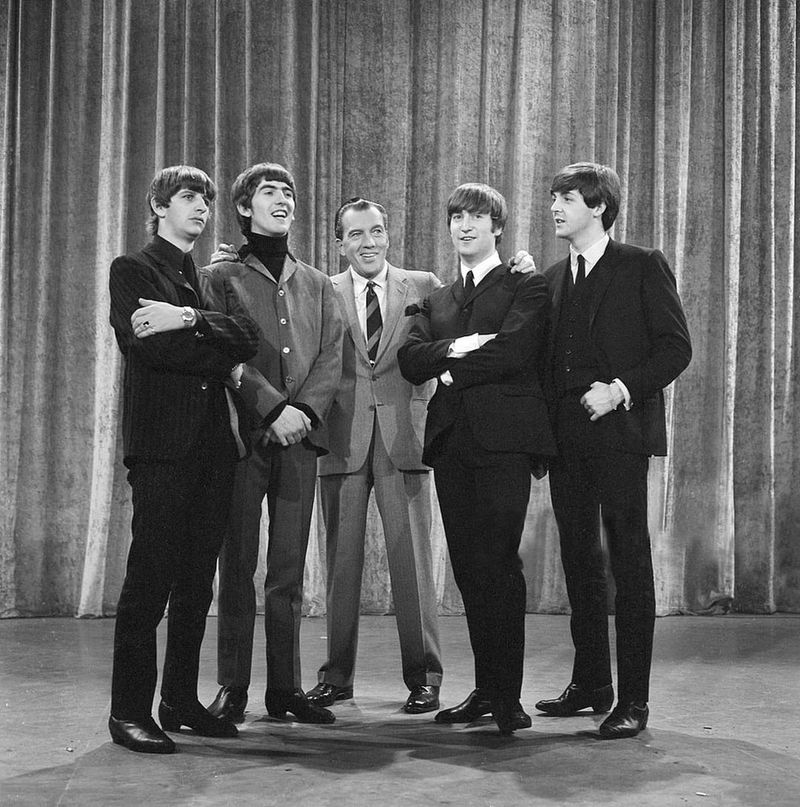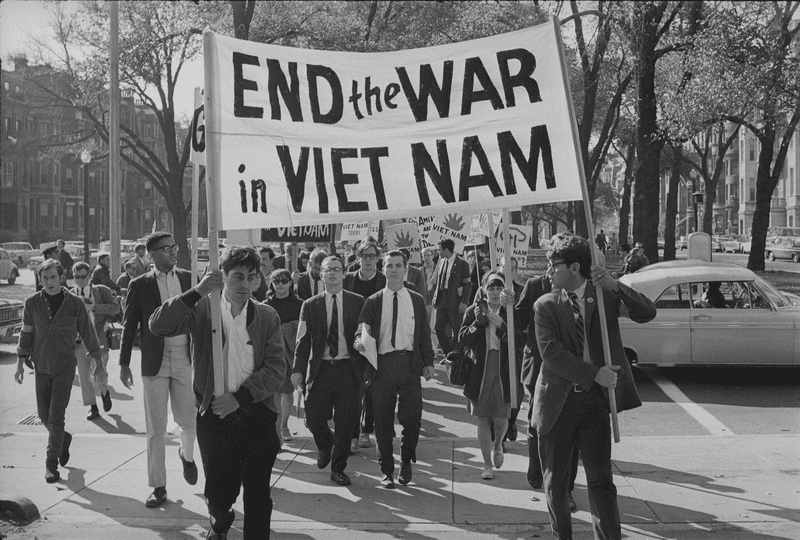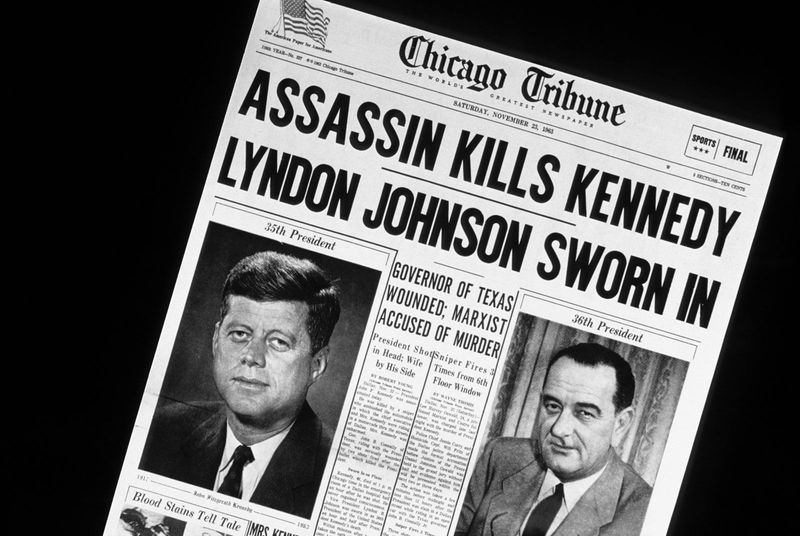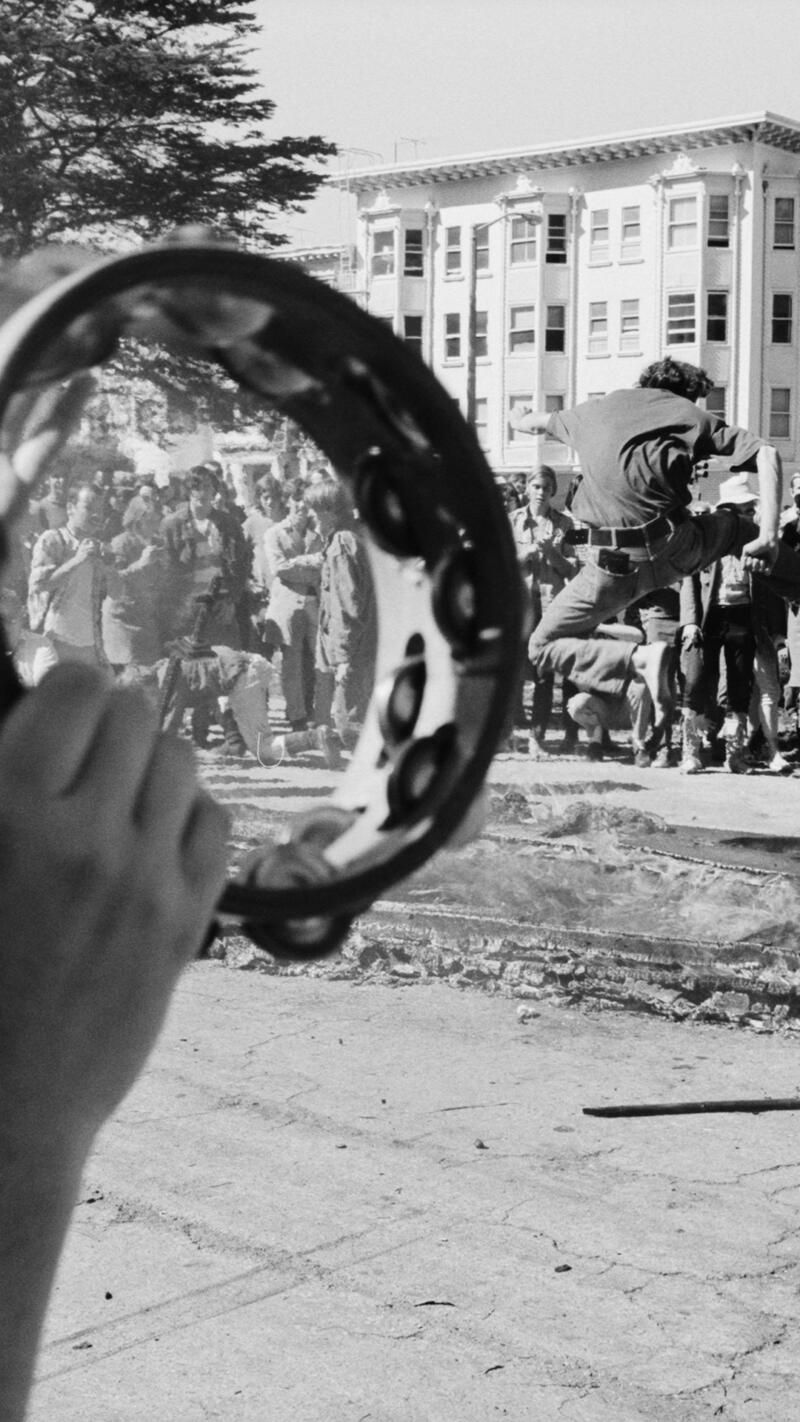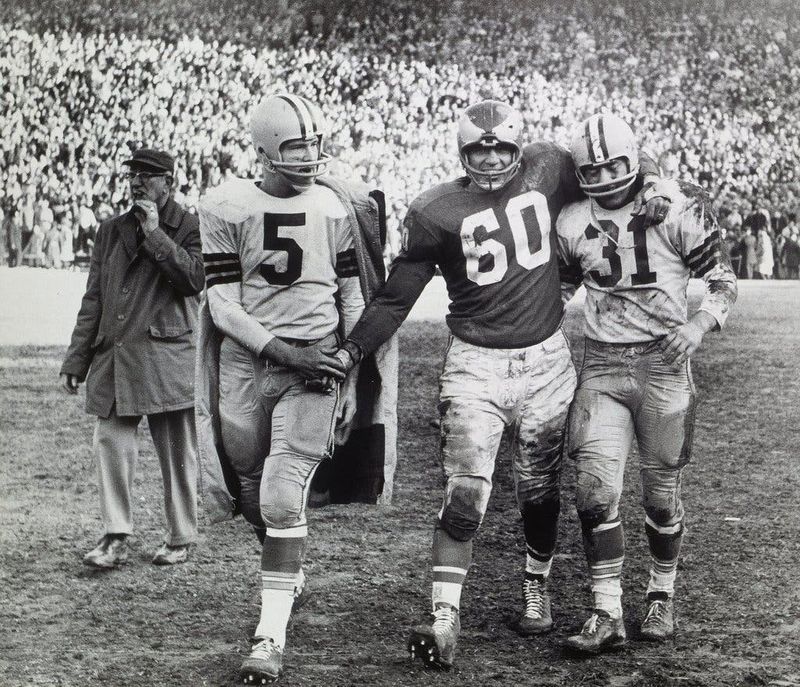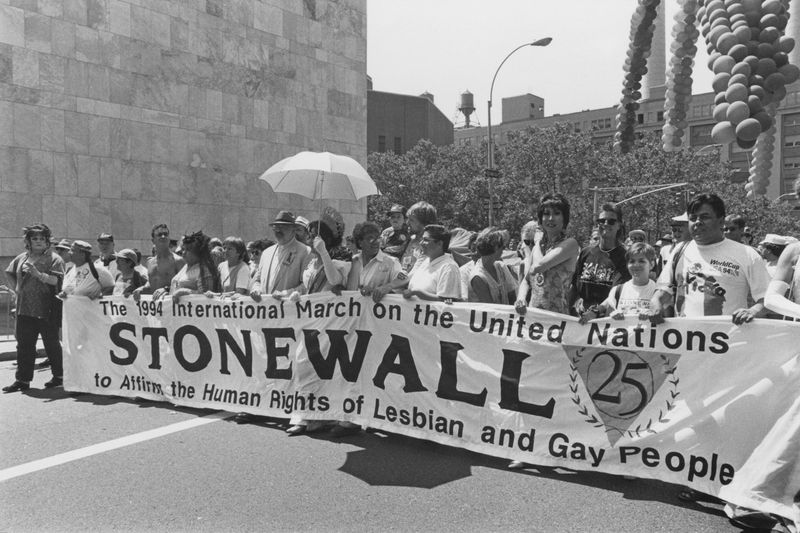The 1960s was a decade of transformation and upheaval, marked by cultural revolutions and significant events that left an indelible imprint on history. From groundbreaking music festivals to monumental political protests, these moments defined a generation and continue to inspire today. Here, we delve into nine iconic 60s moments that shaped the era.
The Moon Landing
The Apollo 11 moon landing in 1969 was a monumental event that symbolized human achievement. Neil Armstrong’s famous words, “One small step for man, one giant leap for mankind,” echoed across the globe.
It was a triumph of technology and determination, capturing the imagination of millions. The mission set the stage for future space exploration, proving that the impossible was achievable.
This historic achievement united people around the world, showcasing the power of science and exploration. The moon landing remains a beacon of hope and inspiration for generations.
Woodstock Festival
The Woodstock Music & Art Fair of 1969 became the symbol of the counterculture movement. Held on a dairy farm in Bethel, New York, it was attended by over 400,000 people.
Woodstock exemplified the spirit of peace, love, and music, featuring iconic performances by artists like Jimi Hendrix and Janis Joplin. The event captured the essence of the era’s youth, who were eager for change.
Despite challenges like rain and overcrowding, Woodstock is remembered as a pivotal moment in music history. It challenged traditional norms and celebrated unity through art and expression.
Civil Rights March on Washington
The 1963 March on Washington was a landmark event in the civil rights movement. Over 250,000 people gathered at the Lincoln Memorial to demand racial justice and equality.
Martin Luther King Jr.’s “I Have a Dream” speech resounded with hope and urgency, becoming a defining moment of the era. The march demonstrated the power of peaceful protest and collective action.
It galvanized support for civil rights legislation, paving the way for significant legal and social changes. The event remains a testament to the enduring struggle for equality and justice.
The Beatles on The Ed Sullivan Show
In February 1964, The Beatles made their iconic debut on The Ed Sullivan Show, captivating American audiences. Their performance marked the beginning of the British Invasion, reshaping popular culture.
With their fresh sound and charismatic presence, The Beatles influenced fashion, music, and attitudes. This television appearance drew an estimated 73 million viewers, a record at the time.
The event was a cultural phenomenon, symbolizing the global reach of rock ‘n’ roll. It solidified The Beatles’ status as musical icons and opened the door for future international artists.
Vietnam War Protests
The 1960s witnessed widespread protests against the Vietnam War, symbolizing a generational divide. Young people took to the streets, voicing their opposition to the conflict and advocating for peace.
The protests highlighted the tension between government policies and public opinion, sparking national debate. Demonstrators, often facing police brutality, called for social change and accountability.
These protests became emblematic of the era’s activism, inspiring future generations to stand up for their beliefs. The anti-war movement remains a powerful reminder of the impact of civic engagement.
Assassination of John F. Kennedy
The assassination of President John F. Kennedy in 1963 sent shockwaves across the nation. His death marked a tragic turning point, leaving an enduring sense of loss.
Kennedy’s vision for a “New Frontier” inspired many, and his assassination altered the course of American history. The event raised questions about national security and governance.
It was a moment of collective mourning, uniting the country in grief. Kennedy’s legacy continues to influence political discourse, reminding us of the fragility of life and leadership.
The Summer of Love
The Summer of Love in 1967 symbolized the height of the hippie movement. Thousands flocked to San Francisco’s Haight-Ashbury district, seeking peace and love.
It was a cultural revolution, characterized by psychedelic music, free love, and anti-establishment sentiments. The event challenged social norms, promoting experimentation and self-expression.
The Summer of Love left a lasting impact on music and culture, influencing art and fashion. It represented a quest for a utopian society, inspiring future generations to envision a world of harmony and understanding.
First Super Bowl
The first Super Bowl in 1967 marked a new era in sports entertainment. The Green Bay Packers faced the Kansas City Chiefs, setting the stage for an enduring American tradition.
Broadcast on two networks, the event attracted millions of viewers, showcasing the growing popularity of professional football. It was more than a game; it was a cultural phenomenon.
The Super Bowl has since become an annual extravaganza, blending sports with entertainment. This inaugural event laid the foundation for the spectacle we know today, celebrating competition and camaraderie.
Stonewall Riots
The Stonewall Riots of 1969 were a turning point for LGBTQ rights. Sparked by a police raid at the Stonewall Inn in New York City, the uprising galvanized the movement for equality.
For days, members of the LGBTQ community protested, demanding dignity and respect. The riots marked the beginning of a global push for LGBTQ rights, inspiring Pride celebrations worldwide.
Stonewall is remembered as a catalyst for change, challenging societal norms and advocating for acceptance. Its legacy endures, reminding us of the ongoing fight for equality and justice.
